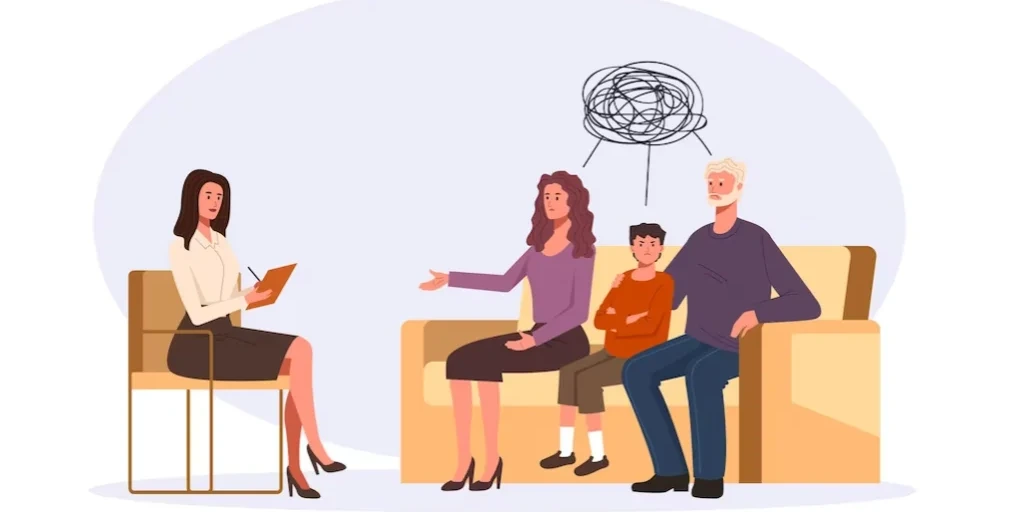24/7 Helpline:
(866) 899-221924/7 Helpline:
(866) 899-2219
Learn more about Opiate Detox centers in Clearwater County

Other Insurance Options

Ambetter

BlueShield

Humana

Private insurance

Kaiser Permanente

Horizon Healthcare Service

Molina Healthcare

United Health Care

Access to Recovery (ATR) Voucher

UMR

Ceridian

AllWell

Sutter

WellCare Health Plans

MVP Healthcare

ComPsych

WellPoint

Magellan Health

Meritain

Premera





























